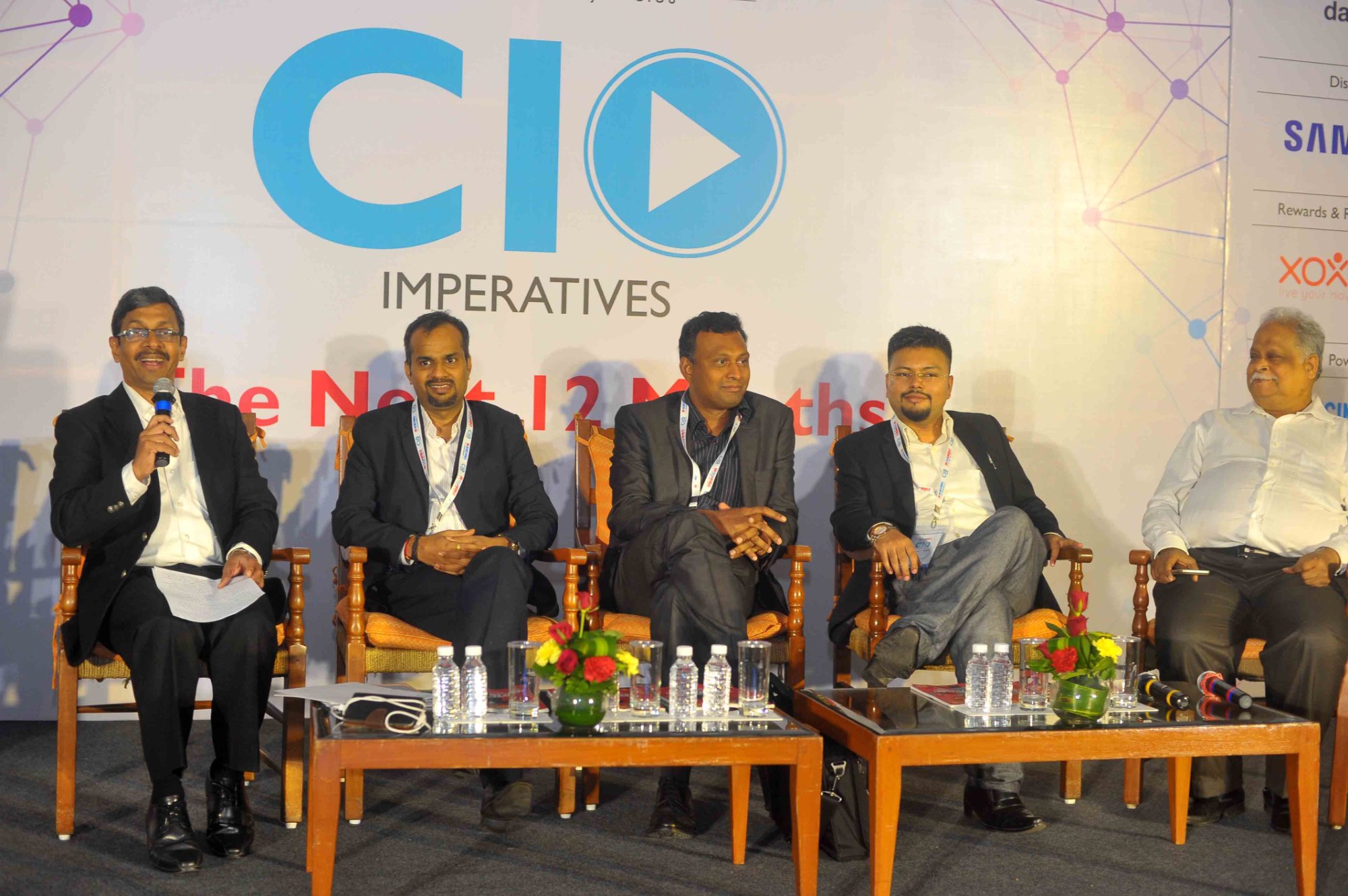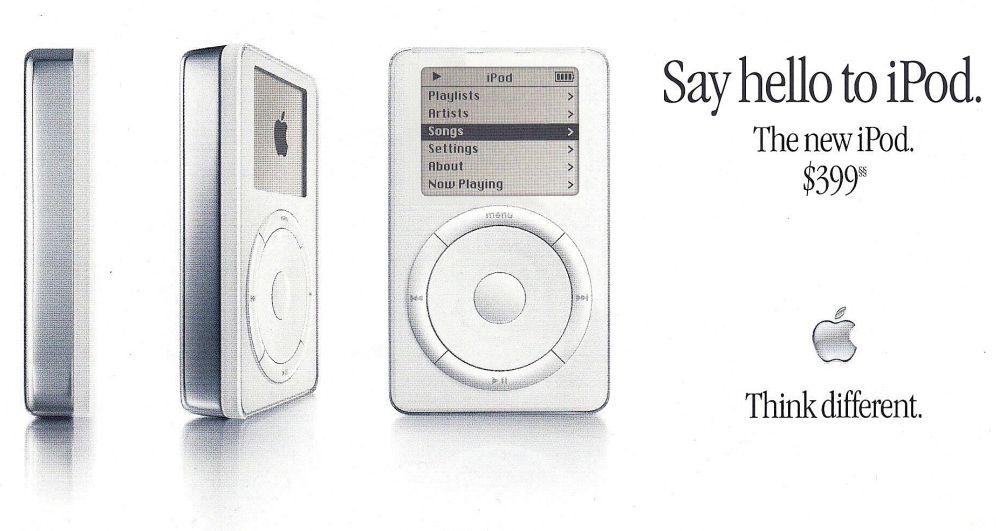Panel Discussions are an important part of conferences and delegates look forward to listening to, and interacting with the panellists. The content has to be good; the panellists should be a diverse mix (not motley crew!) of highly experienced, knowledgeable and senior people from the industry. They must be experts in the topic and pioneers in that domain. The topic must be very current and should be of immense interest to the delegates. It’s crucial for the moderator to ensure a smooth flow of the panel. Like a chef preparing a tasty dish, with all the right masalas, spices and ingredients, the panel moderator has to ensure that there are good discussion points, a balance of views expressed by the panellists, some controversies and ambiguity; humour, wit, deep insight, etc. And of course, the mod has to have full control of the panel and the audience and keep a sharp eye on the timer (time management).
It’s not easy to do all this, but you get better after organising/moderating a dozen panels! When people walk up to me (like last night) and tell me that my panel was “really good” I know that I’ve got it right, finally!
In this post, I will share a few tips on how to make your panel successful.
Topic: As a conference organiser, you need to ensure that the panel topic is aligned with your conference theme. Do thorough research when selecting the topic/panel title, and when writing the synopsis/discussion points (bulleted points). Talk to people in the industry. Talk to potential speakers. Get their views. Is this topic discussed in the media/news? Has it already been covered in other conferences? You don’t want to take on a cliche topic that is “done to death.” Also, do some research with delegates who attended your last conference.
The topic, synopsis and discussion points are starter points and will evolve after elaborate discussions with the panel moderator. But they are needed in advance for the conference agenda that will appear on the conference website and printed agenda. While the actual discussion points may change, you should not alter the title of the panel.
I look for speakers who can speak fluently. They should be knowledgeable and highly experienced. Delegates want to hear stories; speakers should be good storytellers.
Speakers: Conference producers will have their criteria for speaker selection. For some, senior industry people top the list. It’s nice to have speakers that represent big brands. It attracts delegates. Yes, this is important, but that should not be the only criteria.
For me, I look for speakers who can speak fluently. They should be knowledgeable and highly experienced. Delegates want to hear stories; speakers should be good storytellers.
Where to find speakers: Unless you have good connections (and friends in high places) you are going to struggle to recruit speakers. As LinkedIn says: Relationships Matter!
Your best place to find speakers is at other conferences. You can also vet their speaking abilities when listening to them at other events. I attend many conferences (mainly in Mumbai) and some abroad.
Linkedin is also a good place to find speakers, though you will need to make them your first level connections for direct communication with them on Linkedin. Join special interest groups or communities on LinkedIn and start contributing to those groups. Members will respond to you, and some may be good speakers!
I strongly recommend that you upgrade your Linkedin membership to “Premium.” If you are a conference producer, this is an essential investment.
I strongly recommend that you upgrade your Linkedin membership to “Premium.” If you are a conference producer, this is an essential investment. I once put together a two-day conference agenda for an event in Sri Lanka, working entirely from LinkedIn, and without any database! No kidding!
Moderator role: The conference producer hands over control of the panel to the appointed moderator. Do your due diligence when selecting a panel moderator. He/she should be well known and highly respected in the industry.
Introduce the moderator to all the panellists. I send an introductory email that includes all the details of the event (date, time, website, venue. theme) as well as the title and synopsis of the panel. The mail also lists all the confirmed panellists. So what I am doing here is e-introductions. Be sure to mention the moderator’s phone number.
Some panellists may object to sharing their phone numbers, so I just give their numbers to the moderator.
Also, insist (with a tone of urgency) that the moderator connects with all the panellists for pre-event discussions. There are different ways to do this. Some mods may start a WhatsApp group. Others may prefer to use email. And some may call each panellist to exchange thoughts on the topic. If the panellists know each other, they may meet for coffee or beer to discuss the topic — or they may just call each other.
As a conference producer, you should ensure that the communication between the mod and the panellists occurs before the event.
As a conference producer, you should ensure that the communication between the mod and the panellists occurs before the event.
On the day of the event, call all the panellists for a meeting in the speaker lounge. It is not always possible for everyone to meet as everyone has busy agendas.
One last point before I end.
What’s a good number? I have always debated with colleagues about what should be the right number of panellists. Should it be 5, 6, 7?
Well, if you have 30 minutes for the panel then 3 or 4 should do (plus the mod). For 1-hour you need at least four plus the mod. Five is a good number. If you have too many, then the panellists do not have sufficient time to speak and to present all their views. Don’t forget to include 10 minutes for audience Q&A.
If you have too few panellists, it is risky. There is a possibility that one or two panellists could drop out. So I always aim for a higher number (keep a buffer of 1).
On the other hand, if you have too few, it is risky. There is a possibility that one or two panellists could drop out. So I always aim for a higher number (keep a buffer of 1).
There are certain signs to tell in advance if panellists will drop out. When you notice those signs, start looking out for a replacement immediately.
The signs: Speakers are non-responsive and do not reply to your emails or calls. They do not connect to the moderator. Please attempt to call them to get their status. And when you know for sure that they won’t make it, strike them off your list. Be sure to update the conference agenda. If you can do this in advance, great. But some speakers confirm and then back out the night before the conference. There is no way you can control that, so always have a buffer speaker — someone you know well, and who can come at short notice.
Well, those are my secrets for organising a successful panel. I am sharing all this with you because knowledge shared is knowledge earned!
————————————









